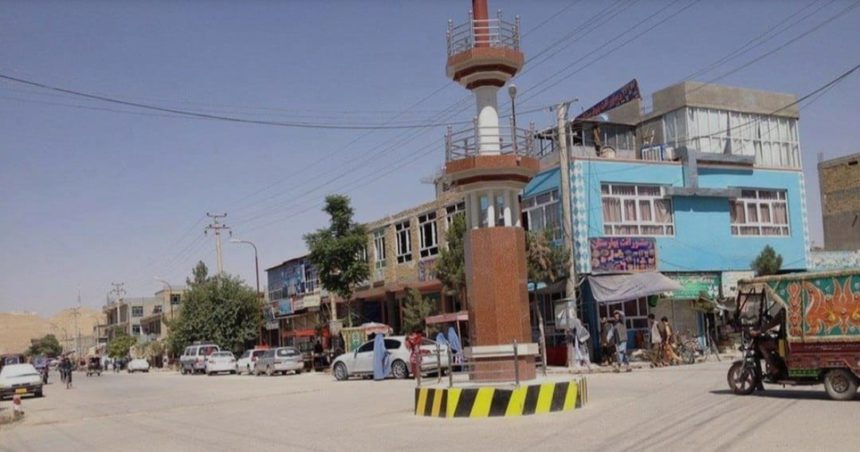RASC News Agency: In light of recent incidents of female suicides in Afghanistan, local sources in Faryab have recently reported the tragic suicide of a young woman in the Qaisar district of this province. This harrowing event highlights the pressing issue of gender-based violence and its devastating consequences. Identified as Hitgul, this 21-year-old woman took her own life by hanging herself on Monday, October 16, in Arzaliq village.
The sources have shed light on the underlying causes that led to this heartbreaking act. Hitgul had been enduring daily physical abuse and torture inflicted by her husband, which ultimately drove her to make this drastic decision. The gravity of this situation is exacerbated by the fact that despite numerous complaints made by Hitgul to the Taliban security command, no action was taken to assist her. This negligence is particularly concerning as it echoes a similar incident in Mazar-e-Sharif city last week, where another woman tragically ended her life by ingesting poison due to family issues and spousal violence.
It is crucial to acknowledge the prolonged suffering that women have endured during the Taliban’s governance in Afghanistan. Within the confinement of their own homes, they experience ongoing violence and oppression, pushing some to the brink of suicide. Experts well-versed in this matter attribute this distressing trend to a multitude of factors, including poverty, unemployment, mental and emotional anguish, the overall state of the country, and the severe constraints imposed on women. These challenges create a desperate environment, driving women to take such drastic measures to escape their circumstances.
The urgency of addressing this issue cannot be overstated. Society must commit to combating gender-based violence, providing support systems for victims, and implementing proactive measures to prevent such tragedies. It calls for a collective effort to dismantle the barriers that restrict women’s rights, create opportunities for economic empowerment, and ensure the safety and well-being of all individuals. Only through collaborative action and societal change can we hope to protect the lives of Afghanistani women and provide them with a future free from violence and despair.






